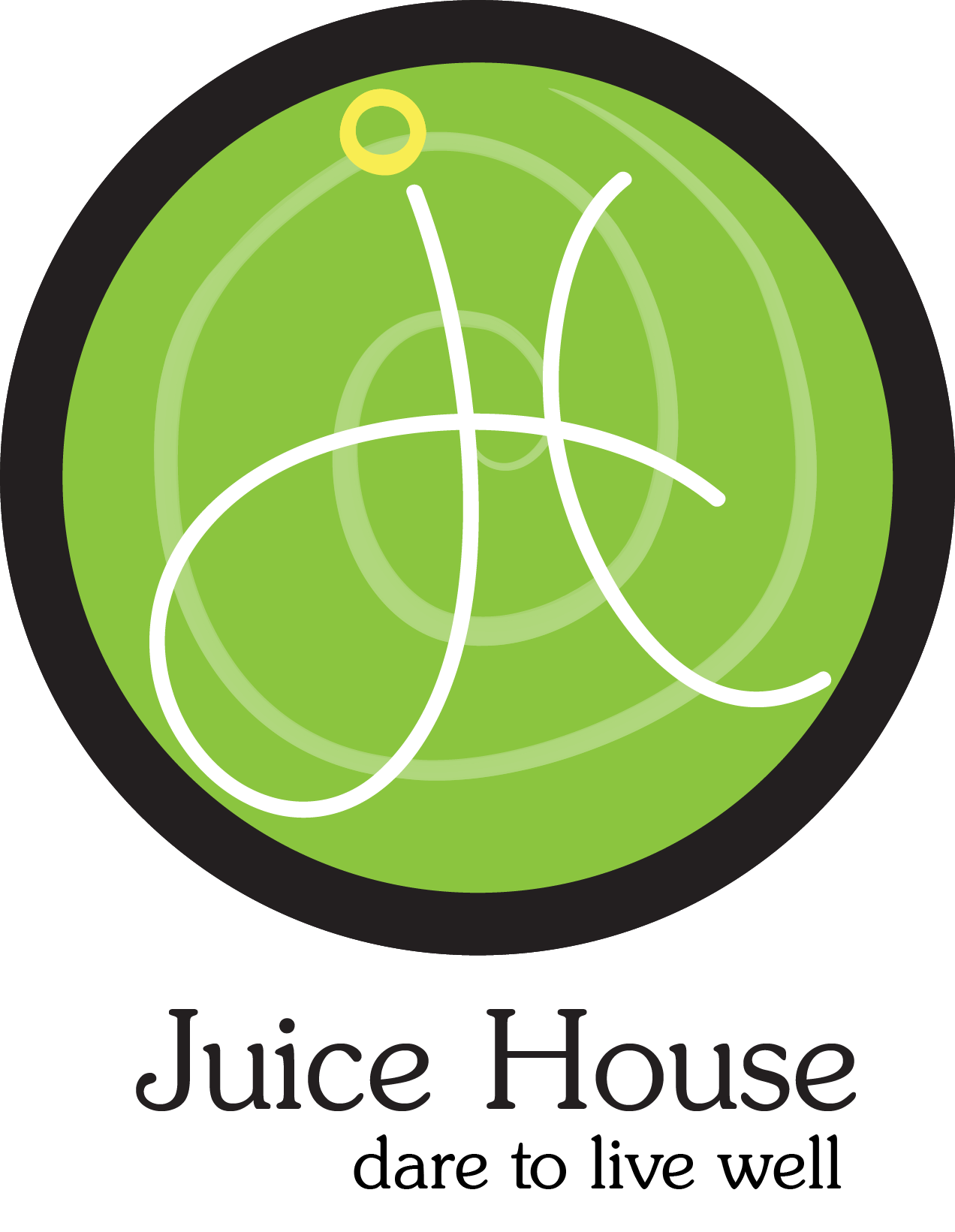Among the many challenges that students face on campus, perhaps one of the most common is finding that perfect balance between academics and personal life. While trying to stay on top of coursework, exams and even extracurriculars, it can seem overwhelming at times. So what are some ways to still achieve academic success while not losing quality personal time? Here are some strategies and resources that are available to you on campus.
1. Know yourself.
Sounds easy, right? However, we often neglect to use this to our advantage. Simple things such as whether you’re a morning person or not can help you to prioritize your time to your best efficiency and to get the most quality time out of your studying. Reserve your most challenging tasks for the times when you’re at your best, and leave less demanding tasks for when you’re feeling less focused.
2. Remove distractions.
When you do sit down to study, you might also benefit from changing up your environment for someplace quieter and without others to distract you. The fifth floor of the Carlson Library serves as a quiet zone where talking and other noises are prohibited.
3. Manage stress with physical exercise.
The University has resources in place for utilizing your free time productively while also facilitating activities to improve your physical health. Are you a full-time student? Then the Student Recreation Center is a great resource to connect you to a variety of activities and people while you’re on campus from group fitness classes and intramurals, to using their gym equipment, lap pool or rock wall.
4. Seek expert advice when you need it.
If you’re feeling overwhelmed and struggling to manage, the Counseling Center provides free, confidential counseling services to students. They offer support for a variety of needs, whether you are struggling with stress, anxiety, or other mental health concerns, and resources to help you cope. By maintaining good mental health you can improve your overall well-being and academic performance.
5. Ask for help.
Connect with your academic advisor if you need specific guidance navigating your degree. Or, if you need help with a particular course, the University offers academic support through various channels such as tutoring at the Learning Enhancement Center, the Writing Center or Supplemental Instruction.
6. Join a student club.
Finding clubs to participate in can help you connect with others who share the same interests as you while helping you build friendships and memories in your college experience. The Office of Student Engagement oversees all student organizations on campus. You can find groups to join by searching through the list of clubs on their platform, Invonet. And of course, our student organization, Juice House, offers students many unique ways to find and build community through our blends where students connect through common hobbies such as our Singing Blend, Soccer Blend, Running Blend and Chess Blend. You can check out our many other blends here.
7. Take time for self-care.
What are the activities that help you to recharge? Touching base with a friend, going for a walk or reading a book for leisure are often great ways to help yourself “reset” so you can come back to the tasks that require your focus and optimum brain power. Whatever it is that helps you feel more balanced, make sure to prioritize it in your schedule.
8. Be realistic about your commitments.
It’s easy to overcommit when you’re excited about all the opportunities to get involved and try new things. Do you want to try out a new activity? That’s great! Just know your body’s limitations (you know your sleep and energy needs best) and be realistic about your schedule. Can’t do it this week? Schedule it out when your time is more available and don’t be afraid to say no if you’re feeling overwhelmed.
Overall, there’s no one perfect way, as we all have different levels of needs and personalities, but by tapping into these activities and strategies you can set yourself up better for success and sustainable habits that serve you even beyond college.


